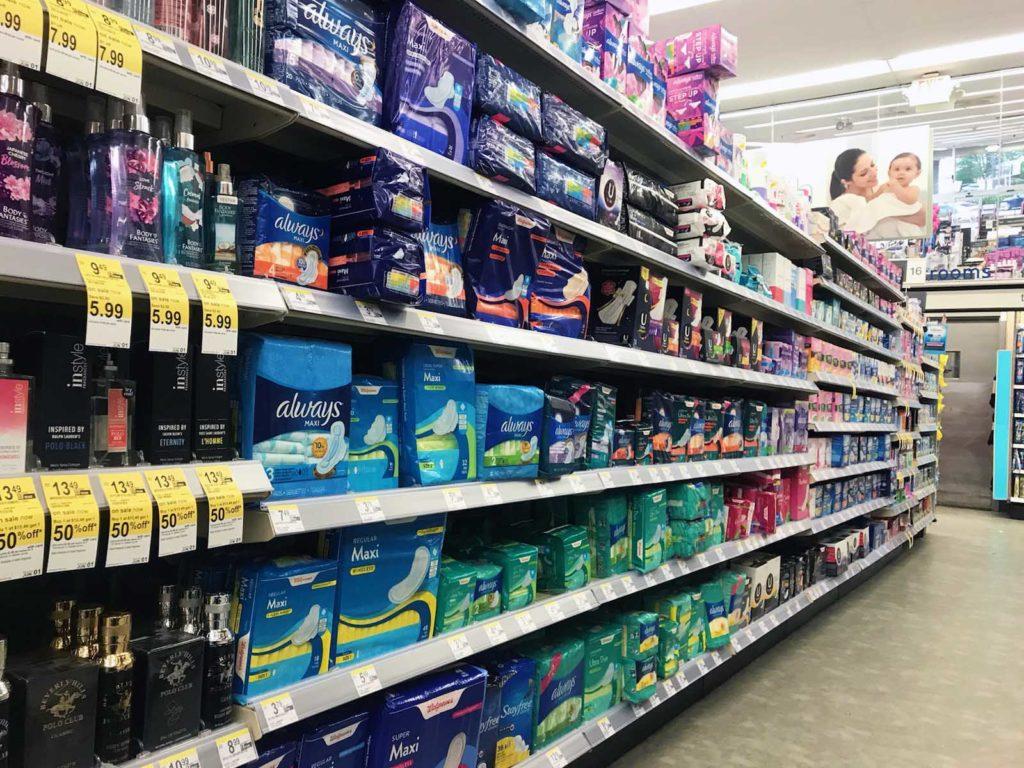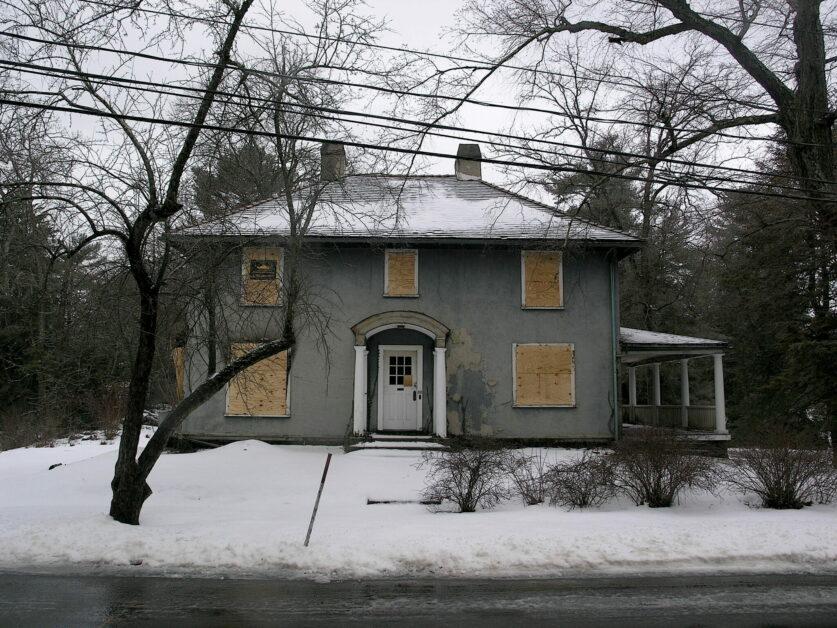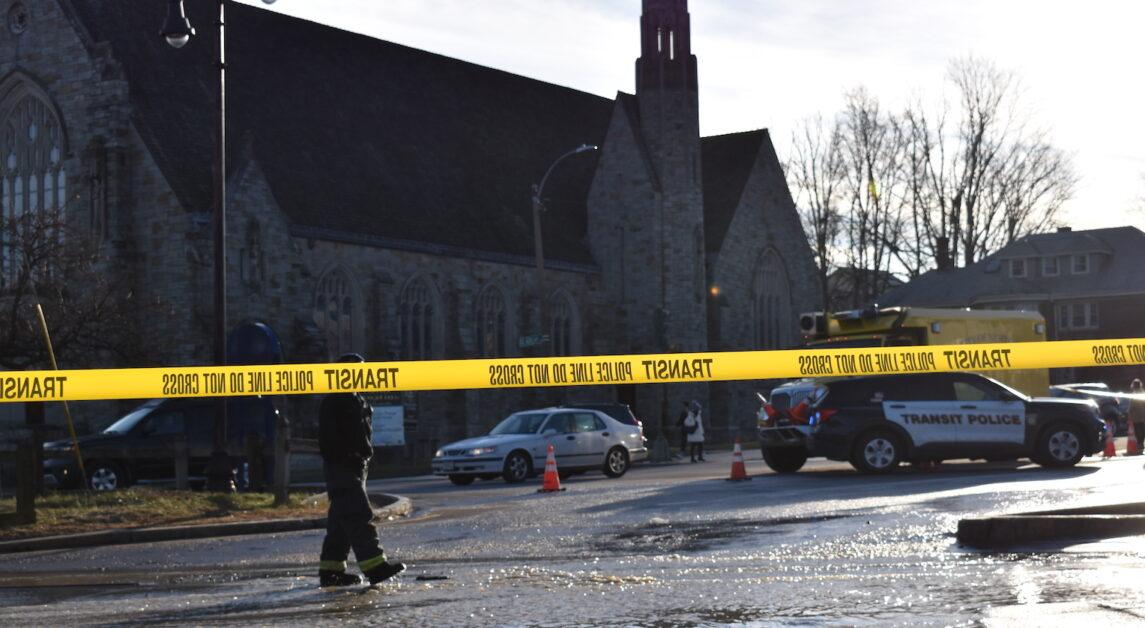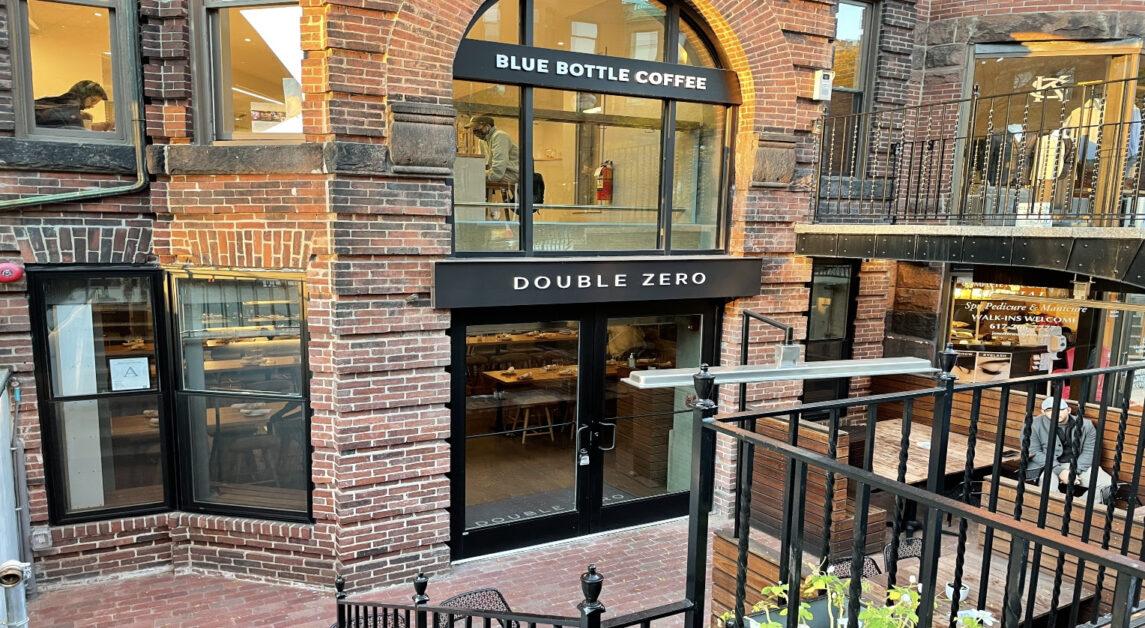Brookline is set to become the first town in the United States to require that free pads and tampons be offered in public restrooms. Town residents voted unanimously to pass the measure at the town meeting on May 23. It will go into effect in July 2021.
The proposal was filed by Rebecca Stone, a Brookline resident, on behalf of students at Brookline High School who wrote an op-ed about the stigma surrounding periods and menstrual products.
“For instance, most people would balk at the idea of having to pay for toilet paper in a public restroom,” wrote Sarah Groustra in The Sagamore, Brookline’s student newspaper, in April of 2018. “Tampons and other menstrual sanitation products, however, are not considered essential.”
The measure proposed to the town said that free menstrual products should be considered as a move to provide more equitable public health care. It also stated the cost of purchasing products over one’s lifetime. It cited the op-ed, highlighting the student’s argument that menstruation affects half the population and it should be treated as any other hygienic or health necessity, like toilet paper.
“With this article, Brookline has a chance to be a leader, again, and to address an issue gaining recognition as fundamental to the just treatment of women and the goal of gender equity,” Stone wrote.
The measure would mandate that pads and tampons be put in all bathrooms—not just women’s bathrooms—in restrooms open to the general public, since not all people who have periods identify as female, Stone wrote. The buildings would include the Town Hall, the Public Health building, the Public Safety building, public libraries, and public recreational facilities. The School Committee would be required to pass a similar ordinance in order for products to be mandated in schools, Stone wrote.
The cost to the town would be $40,000 the first year, and then $7,300 per year to maintain, the Newton Patch reported.
The average “female-bodied” person gets a period lasting three to five days, 12 times per year for about 40 years, meaning that they will use an average of 17,000 tampons in their lifetime, Stone wrote. The proposal cited New York and Illinois for passing laws that require free menstrual products to be available in public schools, homeless shelters, and prisons—there is a bill in the Massachusetts legislature that has a similar goal. Massachusetts does not have a “tampon tax,” a tax which treats menstrual products as a luxury item. Thirty-six states in the country have a tampon tax.
Featured by Colleen Martin / Heights Editor



















